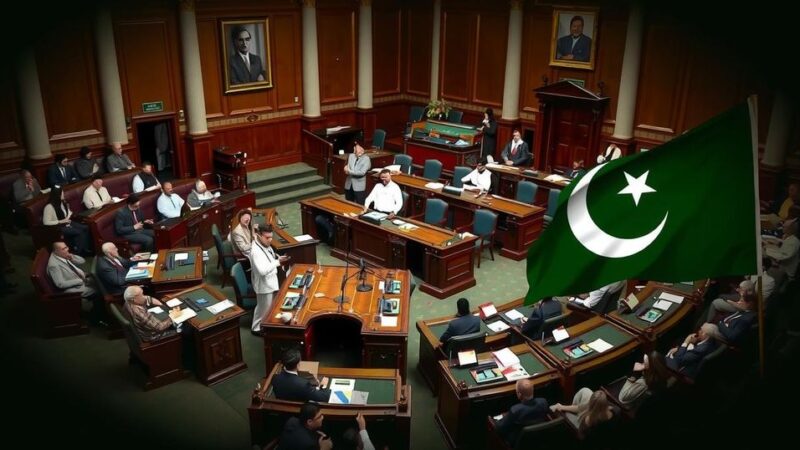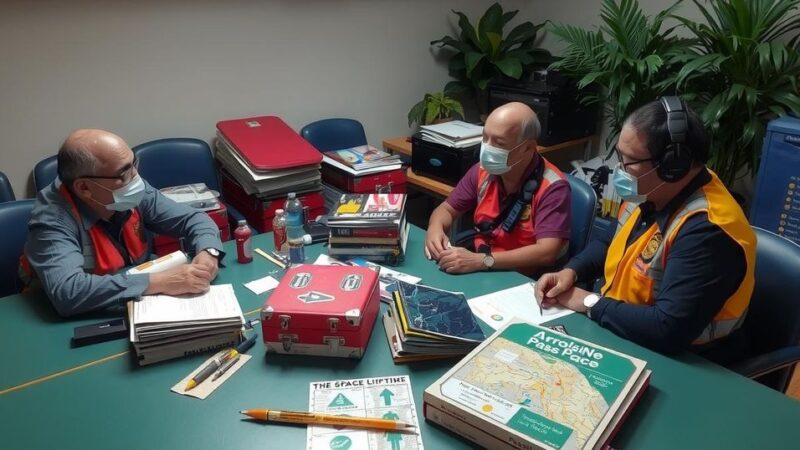South Sudan’s President Salva Kiir has dismissed high-ranking officials including the military chief, police chief, and central bank governor without providing reasons for these changes. The appointments come amid unrest within the military, with reports of soldiers going unpaid for nearly a year. Despite a formal peace agreement in 2018 ending the civil war, violence persists, and national elections have been postponed until December 2026.
In a notable administrative shake-up, South Sudan’s President Salva Kiir has dismissed several high-ranking officials, including the country’s military chief, police chief, and the governor of the central bank. This decision, announced on the state-owned SSBC broadcaster, did not provide specific reasons for the changes but introduced Paul Nang Majok as the new chief of defense forces, succeeding General Santino Wol. Reports suggest that the dismissals may result from growing unrest among military ranks, particularly due to unpaid wages for troops over the past year.
The sudden shifts in leadership within the military and finance sectors are part of a broader pattern in South Sudan, where such changes have become increasingly common. In recent months, Kiir has also replaced the head of the National Security Service and has now reinstated Johnny Ohisa Damian as central bank governor after previously dismissing him earlier this October. Furthermore, Abraham Peter Manyuat has been appointed as the new Inspector General of Police, taking over from Atem Marol Biar.
An atmosphere of instability surrounds these transitions, further complicated by the nation’s ongoing economic difficulties stemming from the civil war that began in 2013. While South Sudan officially signed a peace agreement in 2018, the aftermath has seen continued violence among various communities and a delayed national election that now rests in uncertainty until December 2026.
South Sudan, which gained independence from Sudan in 2011, has faced numerous challenges since its establishment, including significant political instability and economic hardship. Armed conflict erupted in 2013, leading to widespread displacement and suffering among the population. Despite signing a peace agreement in 2018, ongoing tensions continue to disrupt the peace process, as evidenced by frequent leadership changes and community violence. These recent dismissals by President Kiir highlight the government’s challenges in maintaining stability and addressing the grievances of the armed forces, particularly regarding compensation. The volatility within the government, especially concerning the management of financial institutions like the central bank, reflects deeper systemic issues that have plagued the country since its inception.
President Salva Kiir’s recent dismissals of key figures within South Sudan’s military, police, and financial sectors underscore the ongoing turbulence within the country’s governance. These changes, amid reports of dissatisfaction due to unpaid salaries, illustrate the precarious situation faced by the South Sudanese leadership. As the nation continues to grapple with the implications of its past civil strife, the delay of national elections and recurring violence among communities suggest that achieving true stability remains an elusive goal.
Original Source: www.arabnews.com






